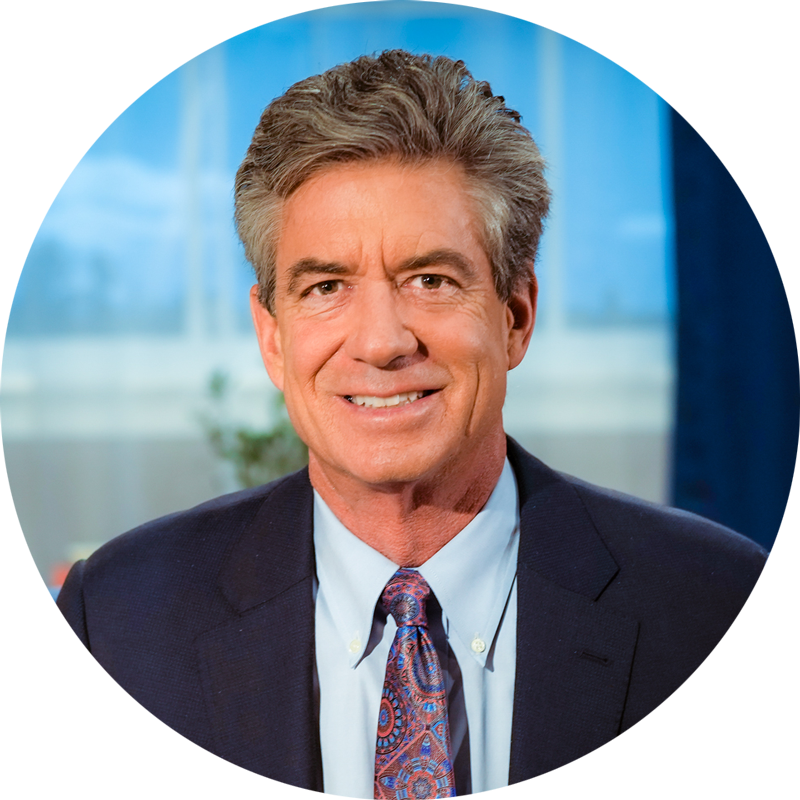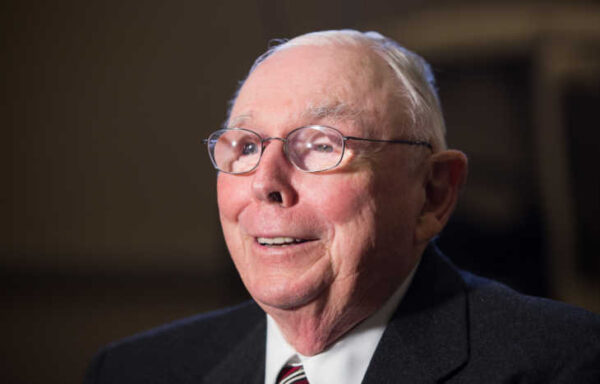This Is What Makes a Good Business Great
There’s an unfortunate narrative making the rounds today that can be summed up in two words: Business sucks.
Academia, the mainstream media and Hollywood regularly promote the idea that business is all about greed, selfishness and exploitation.
We hear it every day.
“Those sharks will eat you alive.”
“You have to look out for No. 1.”
“It’s every man for himself.”
“Nice guys finish last.”
Remarks like these lead some folks to believe that business success is all about ruthless, backstabbing, cutthroat competition not only between organizations but within them.
Sadly, at some organizations this is true.
But not at the most successful ones.
Great businesses understand that to maximize profits you have to look out for the interests of all stakeholders.
This includes investors, managers, workers, suppliers, customers and communities.
My friend John Mackey, founder and CEO of Whole Foods, made this clear in his book Conscious Capitalism seven years ago.
Two fascinating threads ran through that book.
The first was the almost unbelievable story of the founding and growth of Whole Foods Market from a single small shop in Austin to the world’s largest chain of natural food stores and membership in Fortune magazine’s Top 50 Most Admired Companies.
The second was John’s mission to help improve the world and rebrand the free enterprise system to reveal its heroic nature.
Heroic?
John points out that business is good because it creates value. It is ethical because it is based on voluntary exchange. It is noble because it elevates our existence. And it is heroic because it lifts people out of poverty and creates prosperity.
Visit any Whole Foods outlet and you’ll find something you rarely see outside of an Apple store: rabid customer loyalty.
Whole Foods obsessively seeks out the finest natural and organic foods available and maintains the strictest quality standards in the industry.
And customers know it.
Moreover, employees there regularly tell me they are working the best jobs they’ve ever had.
Whole Foods stands apart from its competitors, a highly innovative firm in an industry that rarely innovates at all.
(And that innovation has only accelerated since its acquisition by Amazon three years ago.)
However, Whole Foods is about a lot more than selling groceries and making money.
Its Whole Planet Foundation alleviates global poverty for people living in communities in the U.S. and around the world.
Whole Kids Foundation supports schools and inspires families to improve children’s nutrition and wellness.
Whole Cities Foundation expands healthy food access and nutrition education by partnering with community-led organizations to build thriving local food systems.
And Whole Trade promotes ethical working conditions and a higher-quality natural environment.
Whole Foods is extraordinary in so many respects.
How do you build a business like this – or find one to invest in?
It isn’t intuitive. That much is obvious or we’d see hundreds of other businesses following this model.
And we may, eventually.
Because John – along with Steve McIntosh and Carter Phipps of the nonprofit Institute for Cultural Evolution – has recently published a new book: Conscious Leadership: Elevating Humanity Through Business.
It should be required reading for everyone who heads an organization – or even a department in an organization.
You can tell me you’ve already read loads of business books – and I hear you.
They’re all about setting priorities, streamlining operations, fostering communication, listening to customers and so on.
This book doesn’t just go far beyond that. It flies 30,000 feet above it.
Conscious leaders put purpose first.
They are driven not just by the desire for profit – which every business needs to survive and grow – but also by a vision of how they can make a positive contribution to the world.
Conscious leaders act with integrity, holding themselves and the organization to the highest standards in order to earn the trust of those they lead as well as those they serve.
It means committing to learning and growth, not only professionally but personally.
It means showing genuine appreciation to the people who make success possible. (Not just with compensation and promotions but in a multitude of tiny, everyday ways.)
It means finding win-win solutions to every challenge, whenever possible.
But the first and foremost job of every conscious leader is connecting people to purpose.
Businesses that do this – public or private – have satisfied employees, dependable suppliers, raving fans for customers, better reputations, fewer regulatory and legal hassles, greater market share, and – not least of all – bigger profits.
If you’re a businessperson or investor, you need this book.
In my next column, I’ll explain exactly why… and point out several publicly traded companies that exemplify conscious leadership.
About Alexander Green
Alexander Green is the Chief Investment Strategist of The Oxford Club, the world’s largest financial fellowship. For 16 years, Alex worked as an investment advisor, research analyst and portfolio manager on Wall Street. After developing his extensive knowledge and achieving financial independence, he retired at the age of 43.
Since then, he has been living “the second half of his life.” He runs The Oxford Communiqué, one of the most highly regarded publications in the industry. He also operates three fast-paced trading services: The Momentum Alert, The Insider Alert and Oxford Microcap Trader. In addition, he writes for Liberty Through Wealth, a free daily e-letter focused on financial freedom.
Alex is also the author of four New York Times bestselling books: The Gone Fishin’ Portfolio: Get Wise, Get Wealthy… and Get On With Your Life; The Secret of Shelter Island: Money and What Matters; Beyond Wealth: The Road Map to a Rich Life; and An Embarrassment of Riches: Tapping Into the World’s Greatest Legacy of Wealth.






